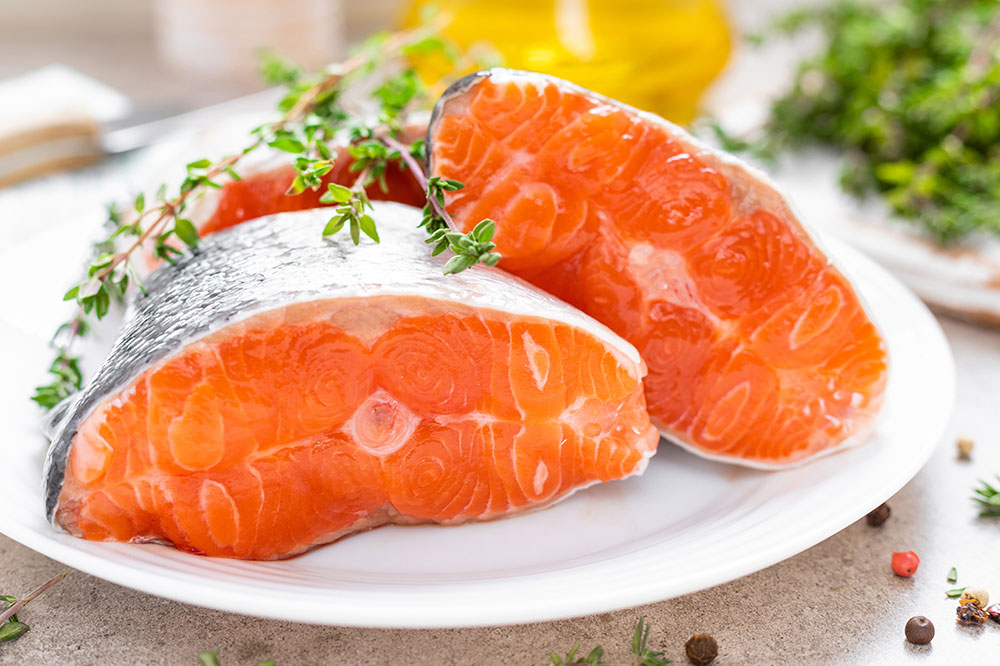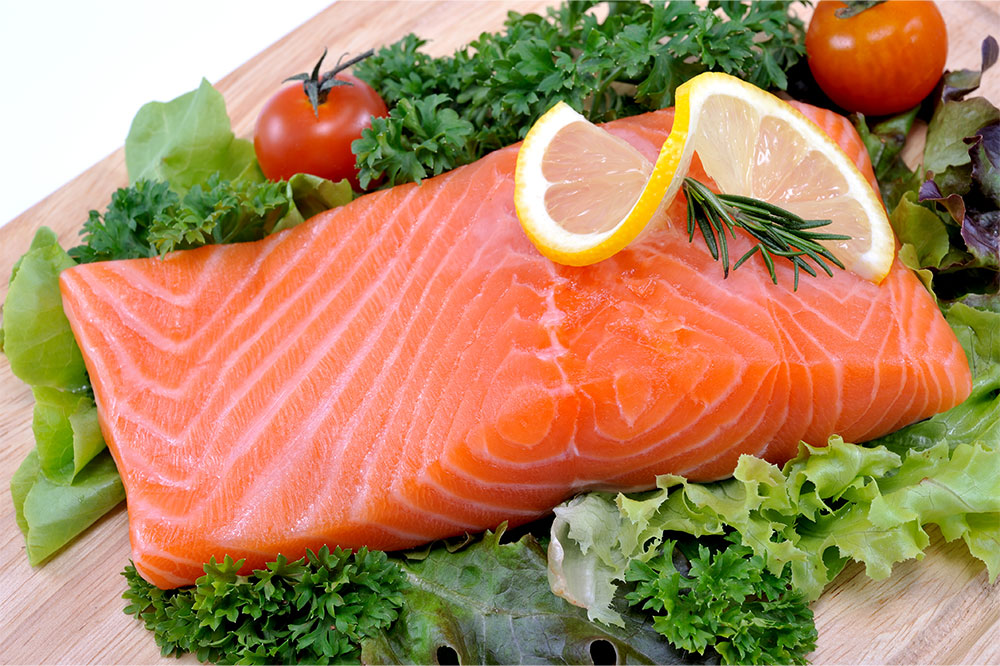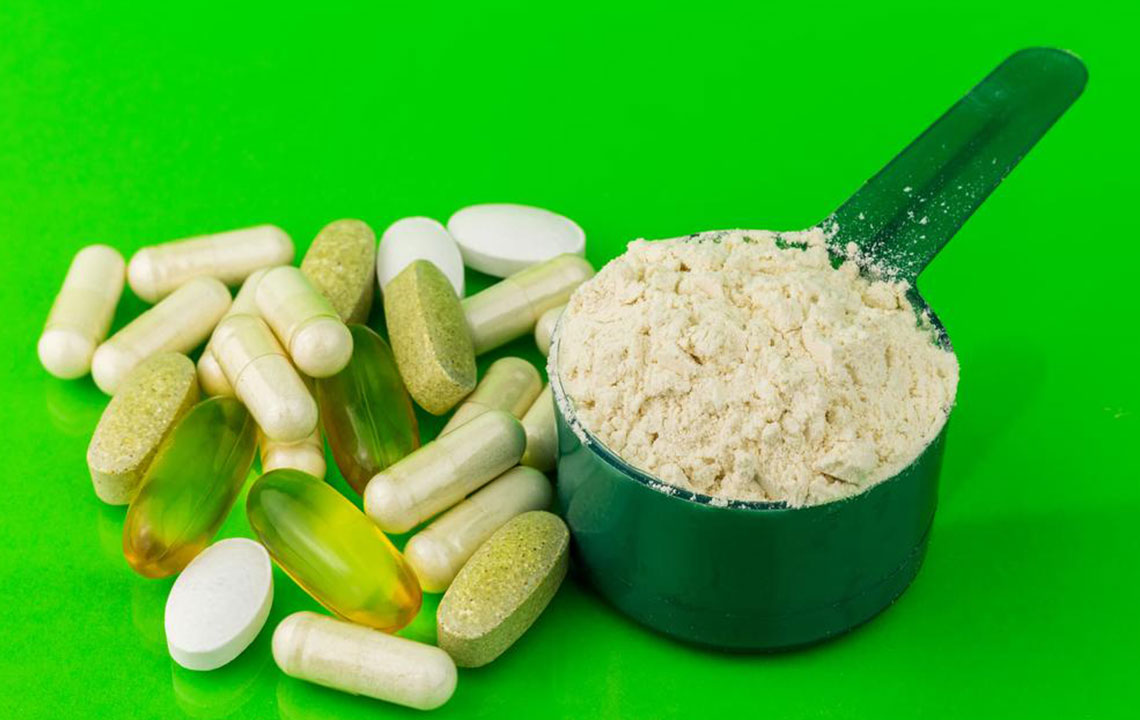Diet Tips for Managing Arthritis: Foods to Embrace and Avoid
Discover essential dietary tips for managing arthritis. Learn which foods to include, such as omega-3-rich fish and vegetables, and avoid inflammatory foods like processed snacks and high-sugar items. Proper nutrition can reduce joint pain, swelling, and stiffness. Consult your healthcare provider for personalized advice and improve your quality of life through informed dietary choices.

Optimal Diet Practices for Arthritis Relief
Arthritis encompasses various conditions characterized by joint inflammation and discomfort, with rheumatoid arthritis being among the most prevalent. This autoimmune disorder causes the immune system to attack joint linings, leading to cartilage and bone damage, swelling, and stiffness. Although there is no cure, proper medication combined with an anti-inflammatory diet can alleviate symptoms. Certain foods can trigger or worsen joint pain, while others can help reduce inflammation. Knowing what to include and avoid in your diet is essential for managing arthritis effectively.
Additional types of arthritis such as psoriatic and osteoarthritis require similar dietary considerations. Focus on anti-inflammatory foods and steer clear of those that can aggravate symptoms. Here are key dietary guidelines to help manage your condition.
Foods to Limit or Avoid with Arthritis
Fried and Processed Foods: Minimize consumption of junk food, fried items, and processed snacks. These foods promote inflammation and can worsen joint discomfort. Replacing them with fresh fruits and vegetables can significantly improve your condition.
AGE Compounds: Advanced glycation end products (AGEs) form when foods are grilled, fried, or heated at high temperatures. AGEs can damage proteins and promote inflammation, increasing arthritis risk. Opt for cooking methods like steaming or boiling to reduce AGE formation.
Sugars and Refined Carbohydrates: Excessive intake of sweets, sodas, and refined carbs elevates inflammation levels. Replacing sugary snacks with whole grains, nuts, and berries can help control joint pain.
Dairy Products: Some individuals experience increased joint irritation from dairy proteins. Consider plant-based protein sources like tofu, beans, and leafy greens instead of dairy and processed meats.
Alcohol and Tobacco: Both can exacerbate joint issues. Limiting or avoiding alcohol and smoking can decrease the risk of gout and rheumatoid arthritis flare-ups.
Additional foods to restrict include salty foods, products with preservatives, and corn oil. Instead, emphasize nutrient-rich, anti-inflammatory options for better joint health.
Recommended Foods for Arthritis Management
Fish: Rich in omega-3 fatty acids, fatty fish like salmon, tuna, and mackerel help combat inflammation. Aim for at least 4 ounces, twice weekly.
Soy: Soybeans and soy-based products provide omega-3s and are a great plant-based protein source, especially for those avoiding meat. They are low in fat and high in fiber.
Other beneficial foods include olive oil, cherries, broccoli, and green tea, all supporting anti-inflammatory effects. Incorporating these into your diet can improve arthritis symptoms.
Effective management involves not only medication but also dietary choices. Avoid foods that worsen inflammation and include anti-inflammatory options for a healthier, less painful life. Consult your doctor if you experience symptoms of arthritis and follow a tailored treatment plan.










